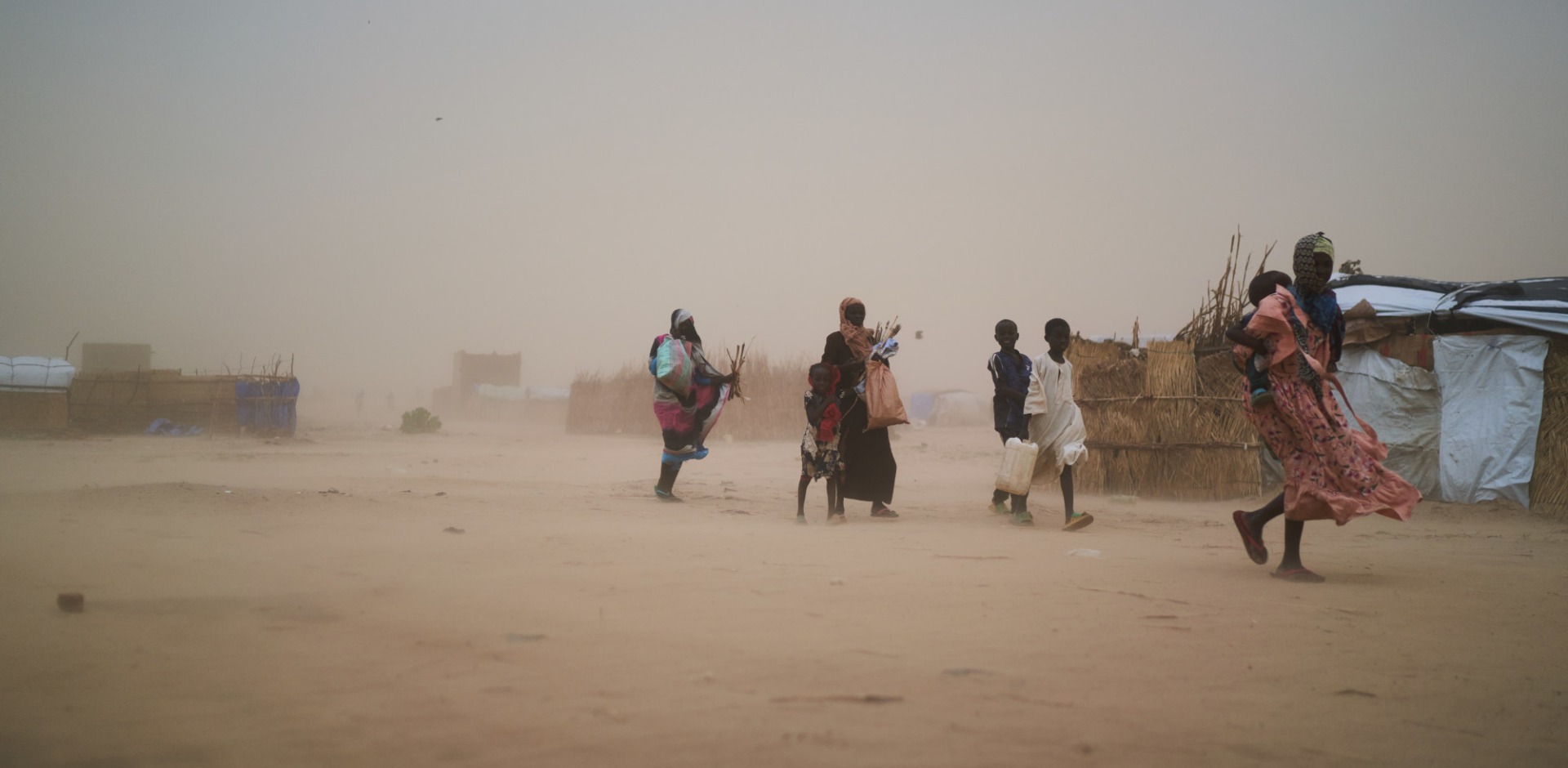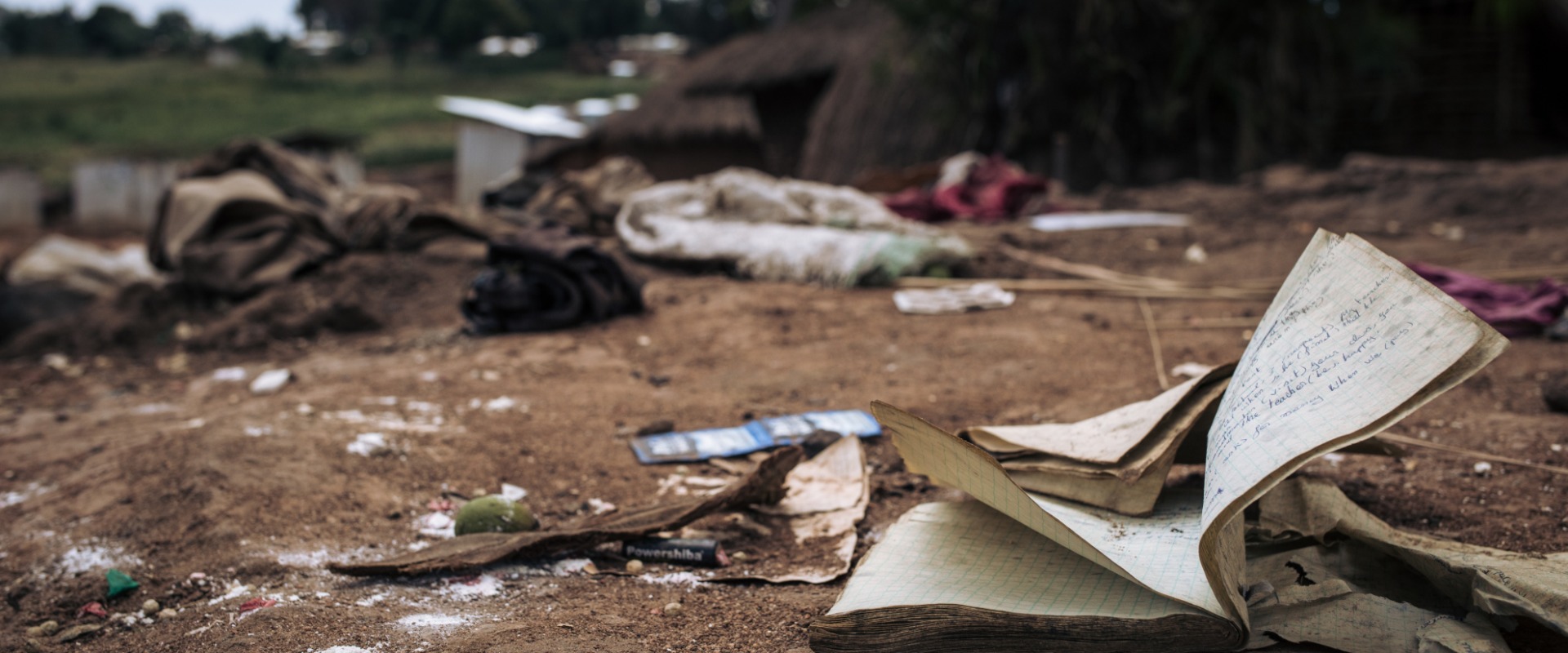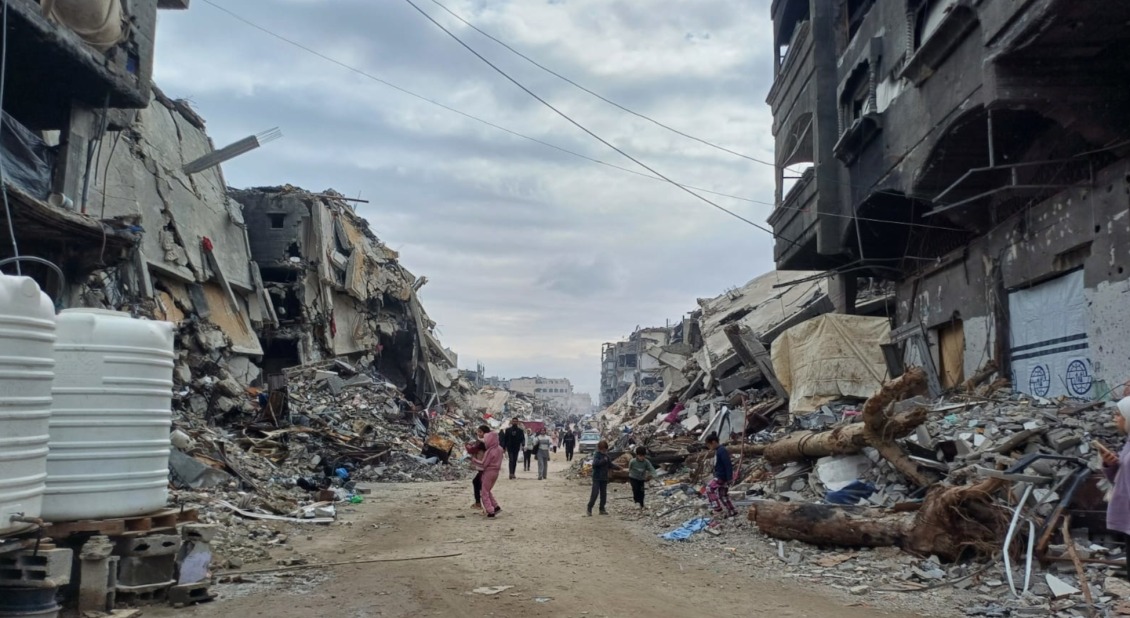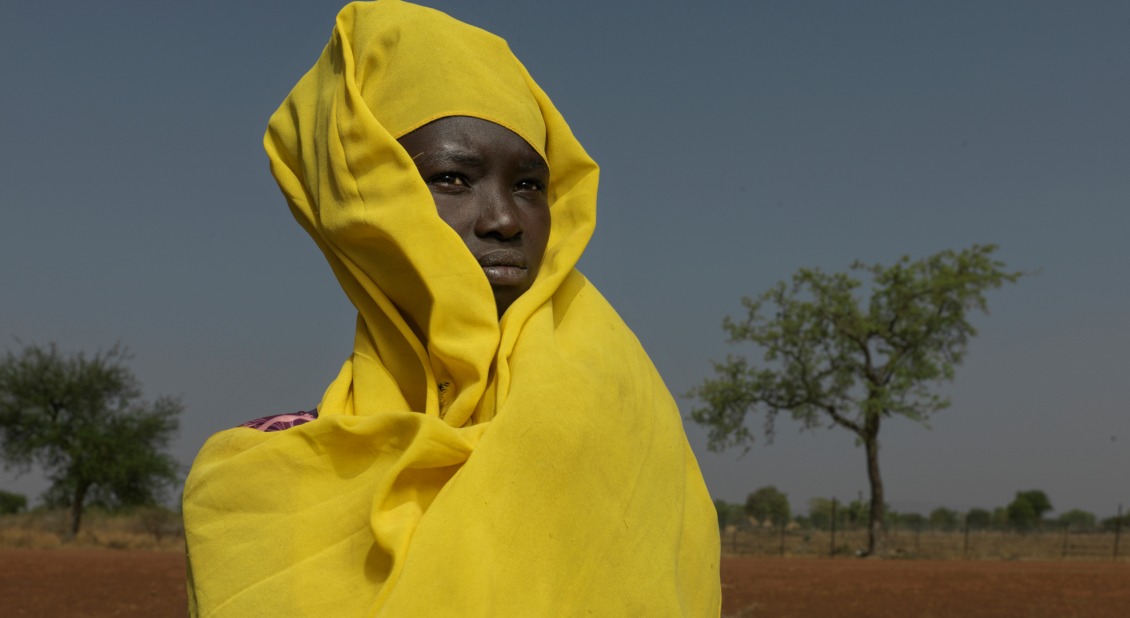
FAMINE IN SUDAN

Seven years ago, on 24 May 2018, the United Nations Security Council took a historic stand. With the unanimous adoption of Resolution 2417, the international community condemned the deliberate use of starvation as a weapon of war, classifying it as a war crime and calling on all parties in conflict zones to guarantee humanitarian access.
Yet today, seven years later, the impact of this landmark resolution remains deeply disappointing.
The global ban on the use of hunger as a weapon is faltering. In many war-torn and crisis-affected regions, starvation is deliberately inflicted, with devastating consequences, while the international community watches in silence and inaction. Resolution 2417 was a breakthrough, but without implementation, it remains an empty promise.

Nowhere is this failure more apparent than in Gaza. For more than two and a half months, since early March, no humanitarian aid has been allowed in. The result: a catastrophic shortage of food, clean water, and medicine.
According to the latest IPC report, almost 2 million people—93 percent of the population—face severe food insecurity. The crisis is particularly acute for children: 71,000 under-fives are suffering from acute malnutrition, with 14,100 in critical condition. Pregnant and breastfeeding women are also at high risk, many in desperate need of medical care.
Although aid deliveries have recently resumed on a limited scale, they fall far short of what is required to avert a full-scale famine.

Since April 2023, Sudan has been gripped by the worst food crisis in its history. More than 25 million people rely on humanitarian assistance, with over eight million facing the threat of famine.
Children are bearing the brunt, with 3.2 million suffering from acute malnutrition. Despite UN experts reporting last year that warring parties in Sudan were intentionally blocking aid, the international response remains weak, and impunity prevails.
Armed conflict continues to be one of the leading causes of acute food crises. War displaces millions, destroys critical infrastructure, and cuts off access to life-saving aid. In many areas, humanitarian organizations can no longer reach those most in need, with fatal consequences.
Action Against Hunger is calling for urgent and decisive international action.
Hunger must never be used as a method of warfare. It is time to end the political weaponization of starvation and to uphold the protection of civilians.
Join our community of supporters passionate about ending world hunger.